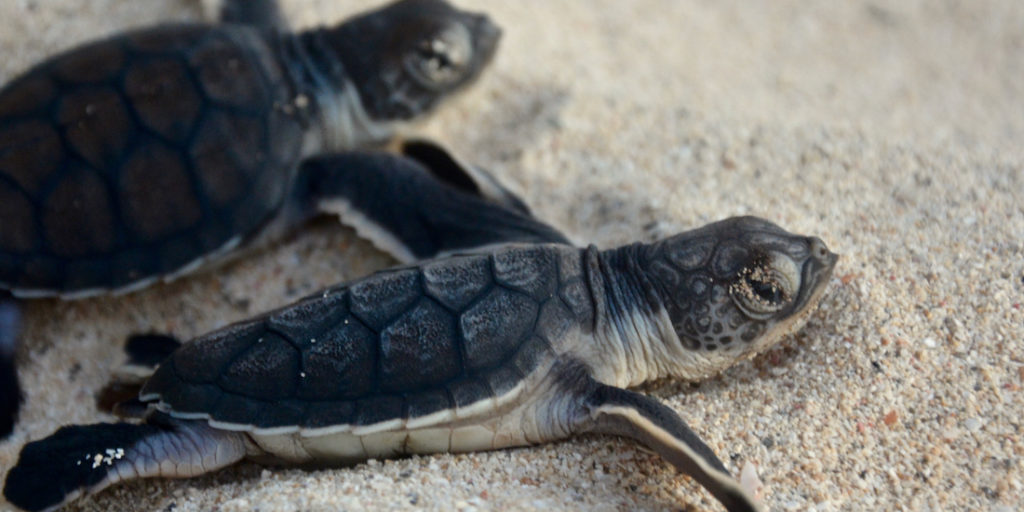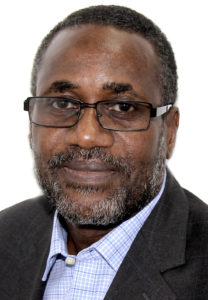

The novel coronavirus pandemic is expected to produce an unprecedented level of economic stagnation globally, leading to the concern that societies will become less stable. And that is without adding the impact of frequent natural disasters. In considering the social implications, a colleague recently posed the question of how to build a society that supports everyone. My response was – Imagine that society, describe it, and we can build it.
That is not to suggest that building such a society will be easy. Planet Earth did not get to this stage of destabilization by accident. The advances in science that improved life expectancy and quality of life for billions of people are being used by forces large and small to create greater inequality among humans and push the life support systems of the planet to breaking point.
Strange. The science that produced most of the advances made by humans, the ubiquitous technology, and which is expected to solve the problems we face, is not perceived by many to provide “truthful” information about the current state of planetary affairs and the implications thereof if humankind continues its current practices.
But I digress. Back to the “what” and “how” of creating a society that supports everyone. Do you know what kind of community you want the U.S. Virgin Islands to be 50 or 100 or 500 years from now? Assuming that different ideas emerge, it will become necessary to agree on an organizing principle, that is; a single idea that will guide the development of the U.S. Virgin Islands.
Globally, that guiding principle is expressed in the concept of a sustainable society. Sustainable development is broadly defined as development that meets the needs of current generations without compromising the ability of future generations to meet their needs. It encompasses three main elements; economic viability, environmental protection, and social equity.
Global agreement on sustainability goals and actions to track progress started in 2000 with the adoption by the United Nations of the Millennium Development Goals, eight goals and a global partnership to reduce extreme poverty by 2015. In 2015, United Nations Member States, which includes the U.S., adopted the 2030 Agenda for Sustainable Development.
The 2030 Agenda is a blueprint for ending extreme poverty and reducing other social and environmental problems by focusing on improvements in health and education while maintaining economic growth and reducing inequality and environmental degradation. The 2030 Agenda contains 17 goals and 169 associated targets that are used to track progress in creating “sustainable and resilient societies”.
Is this global framework relevant to the U.S. Virgin Islands? The territory seems to accept the idea of becoming resilient but does not currently have a method to assess resiliency or track progress towards that goal. Also, the territory has not attempted to answer the question of whether small islands that are vulnerable to numerous natural and human threats can truly be resilient.
In an earlier article, I suggested that the territory should try to become more self-sustaining. The idea is not new, as the U.S. Congress included in the Omnibus Insular Areas Act 1996 a measure to identify “policies and actions necessary to provide for a secure and self-sustaining future for the local economy of the Virgin Islands through 2020.”
The congressional action focuses on economic issues for a relatively short time period. Moreover, actions would have been taken in an economic paradigm where benefits are concentrated as wealth in a small group and the costs – environmental degradation and unmet social needs – are passed to the public. The likelihood that a self-sustaining U.S. Virgin Islands would have resulted from interventions designed through this process is therefore debatable. However, I understand, Congress was trying to be helpful.
The construct of sustainability treats the three pillars – economic, social, and environmental – as equal, with progress resulting from the appropriate integration of policies and actions. However, the fate of humans currently depends on the availability of natural resources and the ability of ecological systems to provide a range of life-supporting services. It could also be argued that the treatment of the environment and the social outcomes from economic activity depend on human relationships. As such, there is a growing debate around the concept of regeneration, not only in terms of ecological systems but of society itself.
For a society to periodically restore itself, it:
– Must embrace and practice ideals that ensure environmental sustainability.
– Must maintain conditions that facilitate the mental, physical, and spiritual renewal of individuals.
– Must maintain spaces and conditions that foster creativity, innovation, and entrepreneurship.
– Requires constant replenishment of persons and leaders of integrity.
– Needs institutional cultures and practices that maintain just societies.
The answer to the question of whether or not sustainability is a relevant guiding principle for the development of the U.S. Virgin Islands seems to be, yes.
The question remains about how to build a society based on that principle. The 2030 Agenda recognizes the different realities of countries and allows for governments to craft their national actions accordingly, with the participation of regional and local authorities, the private sector, and civil society. The review mechanisms for the 2030 Agenda include reporting by national governments in the form of voluntary national reviews. Regional and local authorities are expected to participate in implementation, and voluntary local reviews are encouraged as a mechanism for translating global goals and targets to local needs and conditions. The U.S. has not submitted a national review report, but voluntary local reviews have been conducted by the cities of Los Angeles and New York.
While the development context of large cities in the U.S. is different from that of the U.S. Virgin Islands, Guam serves as an example of how a small U.S. territory can utilize the sustainable development goals as the framework for designing its development agenda.
I have been allowed to share some thoughts about the context for development planning in the U.S. Virgin Islands, including selection of a guiding principle and a framework. Please share your ideas, including ideas for the process to prepare a development plan for the U.S. Virgin Islands.
Lloyd Gardner is an environmental planning consultant, the principal of Environmental Support Services, LLC, and president of the non-profit, Foundation for Development Planning, Inc.


